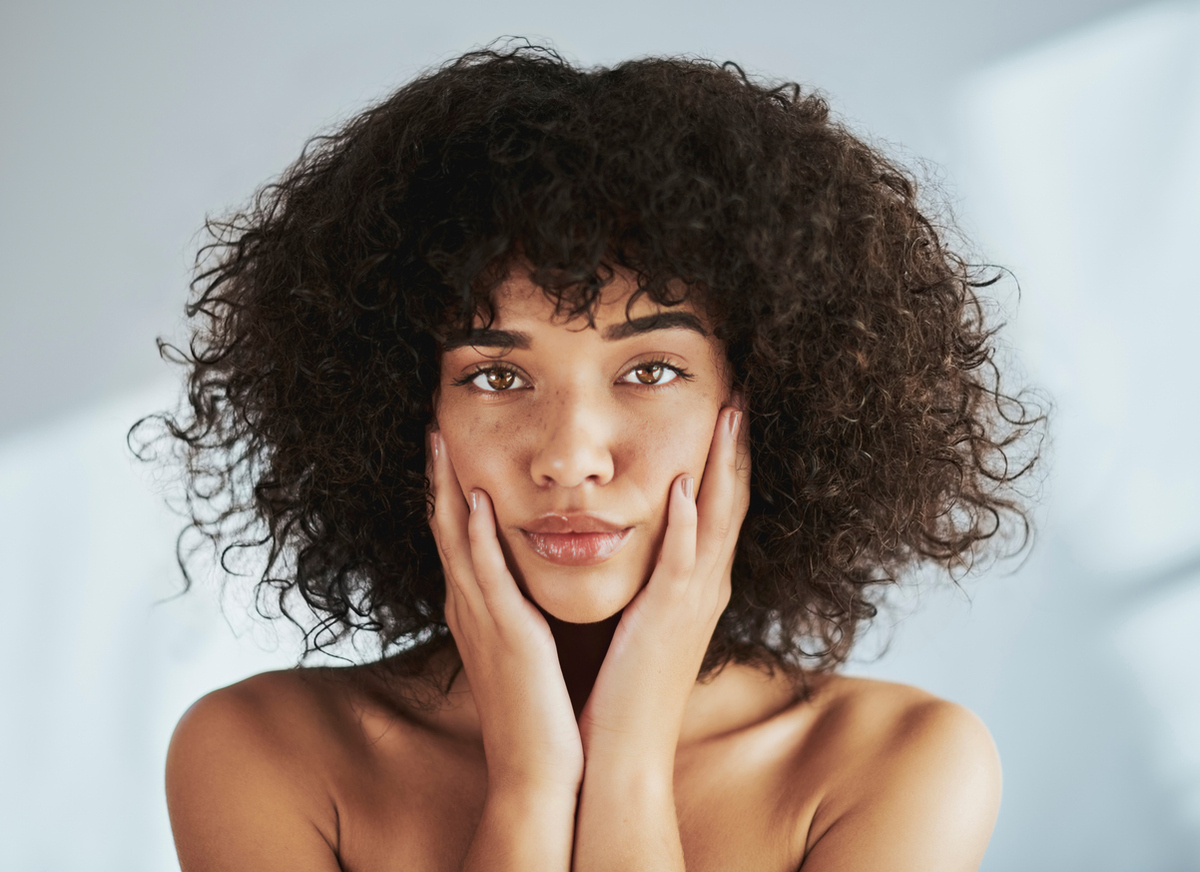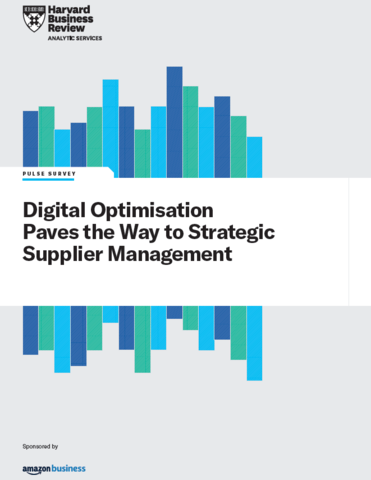Dove’s latest ‘Real Beauty’ drive – and why AI will be harder to ditch than it thinks

Dove’s owner Unilever is one of the world’s largest multinational, fast-moving consumer goods companies. But the values of the brands it owns vary dramatically, as highlighted by legal action that Ben & Jerry’s brought against Unilever to object to its ice cream being “sold in the occupied Palestinian Territory”. The lawsuit was settled and Ben & Jerry’s was reportedly told by Unilever to avoid “straying into geopolitics”.
Tensions remain between the values of Unilever-owned brands and those of Unilever itself, which actively uses AI in areas like product development.
For example, although Dove has critiqued the use of AI and computer-generated imagery (CGI) of people, Dermalogica, another Unilever skincare brand, has used a virtual human model as part of its staff training. Accordingly, Dove’s recent announcement and overall brand positioning must be understood as connected to Unilever’s as a whole.
Stance on beauty ideals
Established in the US in 1957, Dove became known for its “real beauty” ethos in the 21st century. The brand’s effort to challenge societal beauty standards include campaigns that address ideals related to hair, skin, facial features and body shape and size.
In Dove’s own words: “We always feature women, never models”. Now, Dove is taking that position a step further by claiming it will not use AI-generated images of people in its campaigns. But beyond punchy headlines, what does this mean?
As part of the research on the relationship between marketing, social justice, and digital culture, I surveyed 400 people in the UK and US. Responses highlighted concerns about the use of CGI and AI models in marketing.
Recent media coverage of Dove frames its stance on AI as a continuation of its position on the beauty and diversity of real people. However, sitting alongside Dove’s statements about AI models are details on what it has created to aid “inclusive” uses of AI. So is Dove swearing off AI? Or is it making a strategic decision to exclude AI imagery of people from its campaigns and position itself as a leader of supposedly “inclusive” approaches?
As a comment on how AI images can reinforce damaging beauty ideals, the brand launched short film The Code as part of the Dove Self-Esteem Project, which reflects the ways brands are implicated in contemporary ideas about the confidence of girls and women.
Posted on the Dove US YouTube channel, the film is accompanied by text stating that in “an era where 90 per cent of content is predicted to be AI-generated by 2025”, Dove’s “message still stands: keep beauty real. One in three women feel pressure to alter their appearance because of what they see online, even when they know the images are fake or AI-generated”.
Yet Dove’s website highlights its Real Beauty Prompt Playbook, created to help widen the representation of people and beauty in images generated by AI tools. Is Dove’s Playbook at odds with its “vow to real beauty” and a commitment to steer clear of AI? Arguably, yes.
The Playbook has been produced “to help set new digital standards of representation” and features a glossary to engender “inclusive prompting and realistic AI image generation”. Contrasting with claims the brand is taking a stand against AI, Dove’s Playbook suggests that it may be actively contributing to the AI landscape, including by establishing itself as an authority on what constitutes “inclusive” and “realistic” AI image generation in the beauty business.
Indeed, Dove is one of many brands owned by Unilever, a parent company that has contentiously been described as having cultivated a sense of corporate consciousness, but which openly states that it is “using AI to optimise our portfolio and fuel growth”. It is unsurprising therefore that Dove’s position on AI may be much less critical than headlines like “Dove Is Anti-AI in New Campaign” would suggest.
Dove’s decision not to feature AI models in its media, but to create a Playbook to facilitate certain AI approaches, might amount to a contradictory message. It also fails to tackle the fact that harmful uses of AI extend beyond the content of media representations.
Ultimately, Dove’s position appears to focus on “inclusive” AI approaches and addressing ideas about self-esteem, rather than tackling AI’s structurally oppressive effects, from its role in the surveillance of people and places, to its impact on work and labour conditions.
In Dove’s own words: “AI’s potential brings both excitement and concern, especially with regards to beauty.” Despite what some headlines suggest, the brand is not anti-AI. Rather, it is continuing its “real beauty” messaging, in ways that both praise as well as critique the potential uses of AI.
Dove and Unilever were contacted for a comment but had not provided any by the time of publication.![]()
Francesca Sobande, Senior Lecturer in Digital Media Studies, Cardiff University
This article is republished from The Conversation under a Creative Commons license. Read the original article.

Business Reporter Team
Most Viewed
23-29 Hendon Lane, London, N3 1RT
23-29 Hendon Lane, London, N3 1RT
020 8349 4363
© 2024, Lyonsdown Limited. Business Reporter® is a registered trademark of Lyonsdown Ltd. VAT registration number: 830519543





